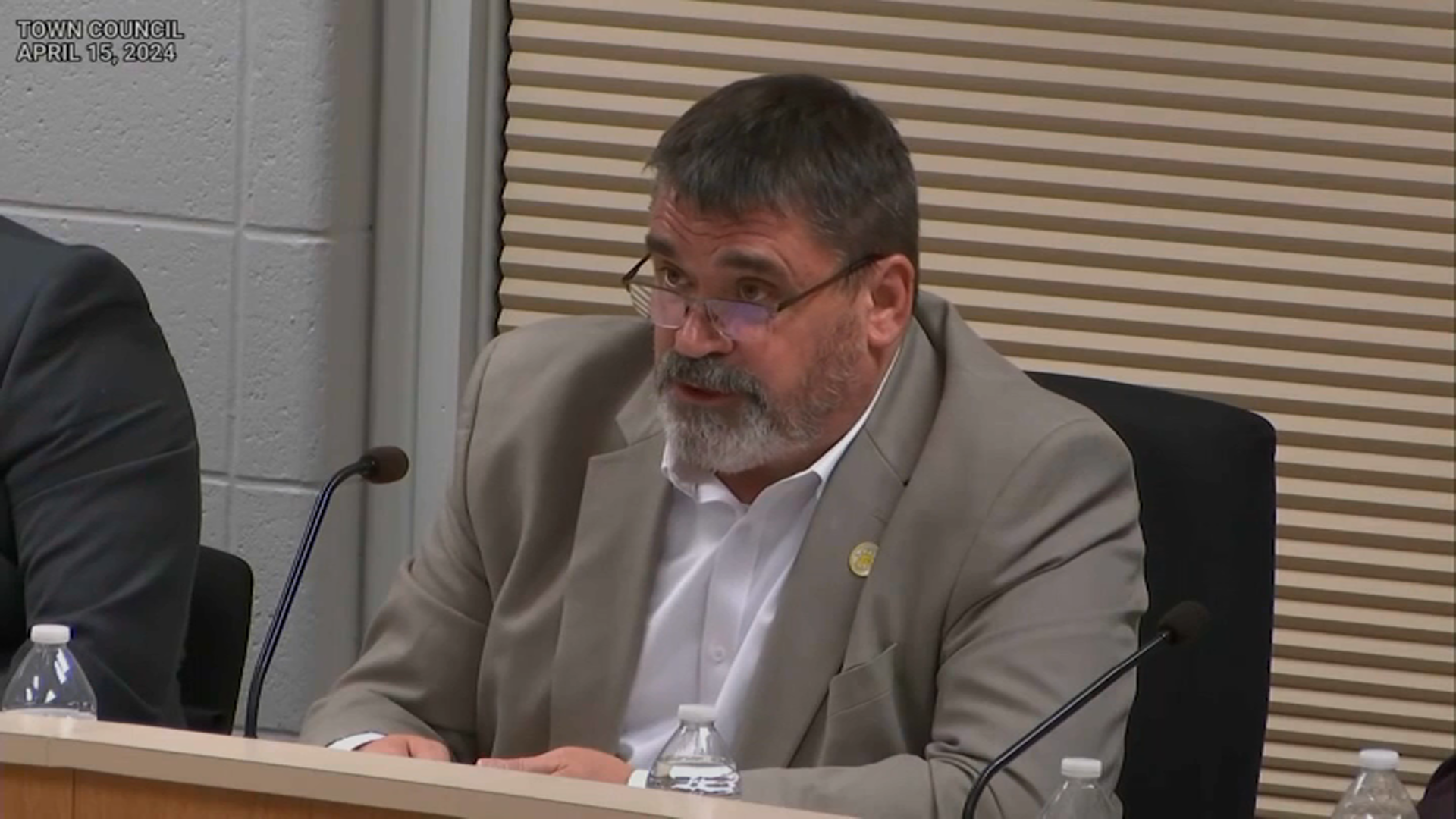New York City and Uber have struck a deal on the eve of a City Council vote that could have placed a cap on the number of cars the ride-hailing company can have on the streets of the nation's largest city.
Mayor Bill de Blasio's administration announced late Wednesday that Uber agreed to a four-month study on the impact of the cars on traffic and the environment. Under the deal, the city will not cap Uber's growth during those four months.
The agreement contrasts sharply with the legislation the council was set to vote on Thursday, which called for a 1 percent cap on the San Francisco-based company's growth within New York City during a yearlong study. Uber has steadfastly opposed any cap, and the company and City Hall had traded increasingly nasty barbs over the past week.
But the hostilities were set aside to announce the surprise arrangement, which also included a commitment to turn over far more data to the city on the location and duration of its rides. The company also agreed to work toward making more of its vehicles handicap-accessible and contributing to the region's mass transit network.
"Uber will share information for the study above and beyond what has previously been provided, with safeguards to protect privacy," said First Deputy Mayor Tony Shorris, in charge at City Hall as de Blasio returns from a conference at the Vatican. "Uber has also agreed to maintain its approximate current rate of growth and not flood the streets with new licenses and vehicles."
City officials said the deal was reminiscent of what the de Blasio administration offered Uber early in the negotiating process. They said a cap could still be imposed if Uber reneges on the agreement.
"We are pleased new drivers will continue to be free to join the for-hire industry and partner with Uber," Josh Mohrer, Uber NYC's general manager, said in a statement. "Together, we can build an even better, more reliable transportation system."
The $40 billion company has become a dominant force on the streets of New York, dispatching 25,000 cars compared to 13,000 of the city's iconic yellow taxis.
Local
In pushing for a cap, the de Blasio administration cited concern over increased congestion on Manhattan's clogged streets. When talks broke down last week, sniping between City Hall and Uber reached a frenzy with expensive TV ad campaigns that have blanketed the airwaves.
Though City Council staffers said the cap legislation would have passed, the de Blasio administration's position appeared to weaken as Uber unleashed its ad campaign, depicting the mayor as too influenced by the yellow taxi industry, which ranks among his biggest donors.
Gov. Andrew Cuomo and a growing number of public officials who had been calling for the council to delay the vote, instead cheered the agreement. City Council Speaker Melissa Mark-Viverito announced that the study will be passed Thursday but no longer carry a cap.
The ride-hailing service, which provides cars summoned by smartphone app, attacked the mayor even in the hour before the deal was announced, saying his central argument — that Uber is a leading cause of traffic — was not true.
Yellow taxis make 90 percent of their trips in Manhattan, according to city officials. Uber released data that it said showed a far lower percentage of its rush hour trips began there.
Uber officials also said it has an hourly average of just under 2,000 cars in the city's central business district during the day, a far cry from the huge number of yellow taxis that operate there. The company's seemingly ubiquitous ads also touted its service to minority riders in outer boroughs — de Blasio's political base.



